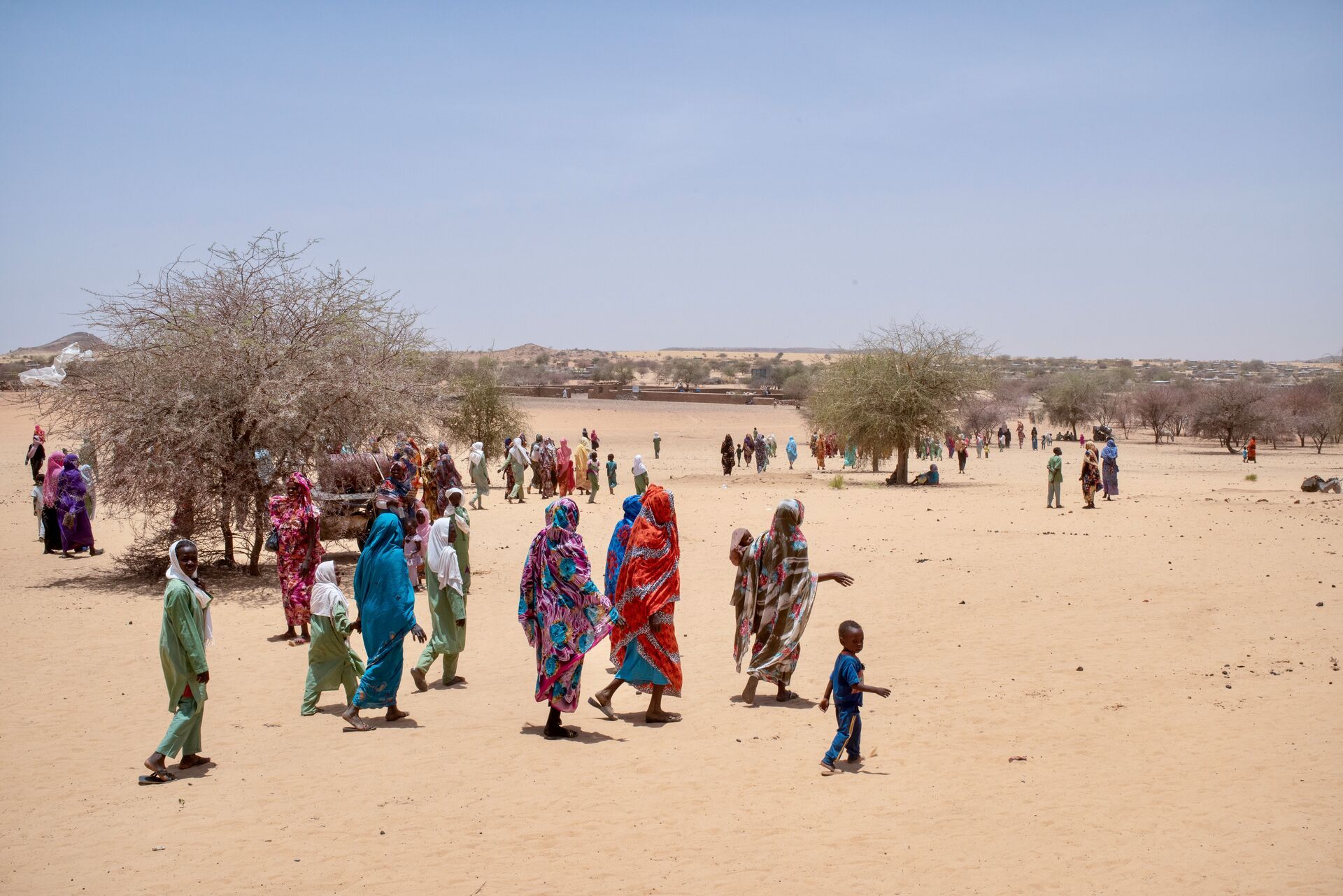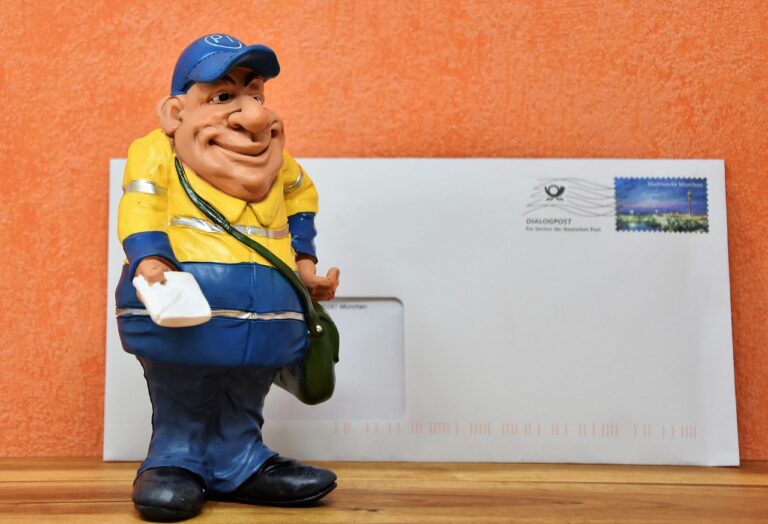
The strengthening of the United States (US)-Republic of Korea (ROK) alliance through space cooperation, highlighted by the fourth US-ROK Civil Space Dialogue on April 14, 2025, aligns with global interest in lunar exploration and sustainable space partnerships. As nations race to establish a presence on the Moon and Mars, this dialogue underscores a strategic partnership leveraging cutting-edge technology for peaceful space exploration, resonating with the Artemis programme’s momentum and the growing role of Indo-Pacific alliances in global space governance.
Washington/Seoul: The United States-South Korea space pact has soared to the Moon, Mars, and beyond! Both nations outlined a blueprint for space collaboration, spanning lunar exploration, satellite data sharing, and commercial ventures, at their fourth Civil Space Dialogue in Washington on April 14, 2025. A joint statement pledged to “expand the breadth and depth” of their alliance through space, set against the Democratic People’s Republic of Korea’s (North Korea’s) 2024 satellite launches, which have intensified regional focus on orbital monitoring. The dialogue will reconvene in 2027, hosted by South Korea, to advance the commitments.
Leading the talks were Rahima Kandahari of the United States Department of State and Karen Feldstein of the National Aeronautics and Space Administration (NASA), alongside Minyoung Han of South Korea’s Ministry of Foreign Affairs and John Lee of the Korea AeroSpace Administration. The statement calls the alliance “the linchpin of peace, security, and prosperity” in the Indo-Pacific, where North Korea’s November 2023 Malligyong-1 satellite launch and a failed May 2024 attempt, per the Associated Press, raise concerns about reconnaissance capabilities.
Exploration efforts centre on the Artemis programme, a National Aeronautics and Space Administration initiative to land humans on the Moon and explore Mars. The statement confirms “NASA and KASA signed a study agreement” in October 2024, enabling joint work, with discussions on using the Korean Deep Space Antennae for Artemis missions. Seoul plans contributions to lunar and Martian projects, aligning with tracking Pyongyang’s 2024 launch plans.
Human spaceflight discussions focus on Seoul’s plans for low Earth orbit missions, closer to Earth than the Moon. Scientific cooperation includes a September 2024 agreement for a Korea AeroSpace Administration-led mission to Earth-Sun Lagrange Point 4, a stable orbital position for studying space phenomena, and partnerships in National Aeronautics and Space Administration astrophysics projects to explore cosmic origins.
Earth observation initiatives aim to “enhance data sharing,” per the statement, covering meteorological geostationary satellites and Seoul’s potential role in the United States’ Landsat 2030 International Partnership Initiative for global land monitoring. Data from South Korea’s Compact Advanced Satellite 500-4, a compact satellite launching in 2026, will support farming and disaster response. A 2024 Airborne and Satellite Investigation of Asian Air Quality mission will yield a joint report, vital as North Korea’s satellites reportedly require regional oversight.
Astronomy projects build on the National Aeronautics and Space Administration’s Spectro-Photometer for the History of the Universe, Epoch of Reionization and Ices Explorer telescope, involving the Korea Astronomy and Space Science Institute. The statement highlights cooperation on the National Aeronautics and Space Administration’s Interstellar Mapping and Acceleration Probe and the National Oceanic and Atmospheric Administration’s Space Weather Follow On – Lagrange 1 mission to improve space weather forecasts, critical amid North Korea’s launches.
Navigation plans see Washington supporting South Korea’s Korean Positioning System, a network to complement the Global Positioning System, with potential United States ground stations. South Korea hosts the United Nations-affiliated International Committee on Global Navigation Satellite Systems meeting in October 2025, inviting the United States to participate.
Commercial collaboration, following a 2023 symposium, includes Seoul’s role in the National Aeronautics and Space Administration’s Commercial Lunar Payload Services, a programme using private companies to deliver scientific instruments to the Moon, with a Korea Astronomy and Space Science Institute payload set for 2026. The statement notes “data sharing for radiation testing” and supply chain certifications, while encouraging South Korean firms to engage with United States companies on Commercial Low Earth Orbit Destinations, new platforms succeeding current space stations, as North Korea’s space efforts continue.
Regulatory discussions covered Seoul’s spaceport framework and Washington’s launch rules, building on a recent export controls meeting, with a follow-up planned. Space situational awareness—tracking orbital objects to prevent collisions—drew focus, with the statement calling for “international coordination” to ensure safety, especially as North Korea’s launches prompt scrutiny.
The dialogue’s measures counter North Korea’s space programme by enhancing monitoring and coordination. Satellite data sharing, per the joint statement, improves tracking of launches like Malligyong-1, which may aid reconnaissance. Space situational awareness strengthens detection of orbital objects, mitigating risks from potential North Korea satellites, while navigation cooperation ensures secure communication, vital for regional stability.
The United States pursues similar space agreements elsewhere. A 2023 deal with Japan, per NASA records, supports Artemis missions and lunar research, echoing US-ROK exploration aims. Australia’s 2020 agreement, per the State Department, covers Earth observation and navigation, aligning with US-ROK Landsat and Korean Positioning System plans. These partnerships reflect a strategy to bolster space collaboration with allies.
Maritime security involves the United States National Maritime Intelligence-Integration Office and Republic of Korea Coast Guard using satellite data to protect Indo-Pacific sea routes, where Pyongyang’s actions remain under watch.
Global forums engage both nations in the United Nations Committee on the Peaceful Uses of Outer Space, Artemis Accords, Group on Earth Observations, Committee on Earth Observation Satellites, Asia-Pacific Regional Space Agency Forum, and the United States-South Korea-Japan space cooperation to promote peaceful space use.
The United States delegation included officials from the Department of State, National Aeronautics and Space Administration, National Oceanic and Atmospheric Administration, United States Geological Survey, Federal Aviation Administration, Department of Commerce’s Office of Space Commerce, National Maritime Intelligence-Integration Office, and Federal Communications Commission. The Republic of Korea delegation comprised the Ministry of Foreign Affairs, Korea AeroSpace Administration, Rural Development Administration, Korea Coast Guard, Korea Aerospace Research Institute, and Korea Astronomy and Space Science Institute.
– global bihari bureau





